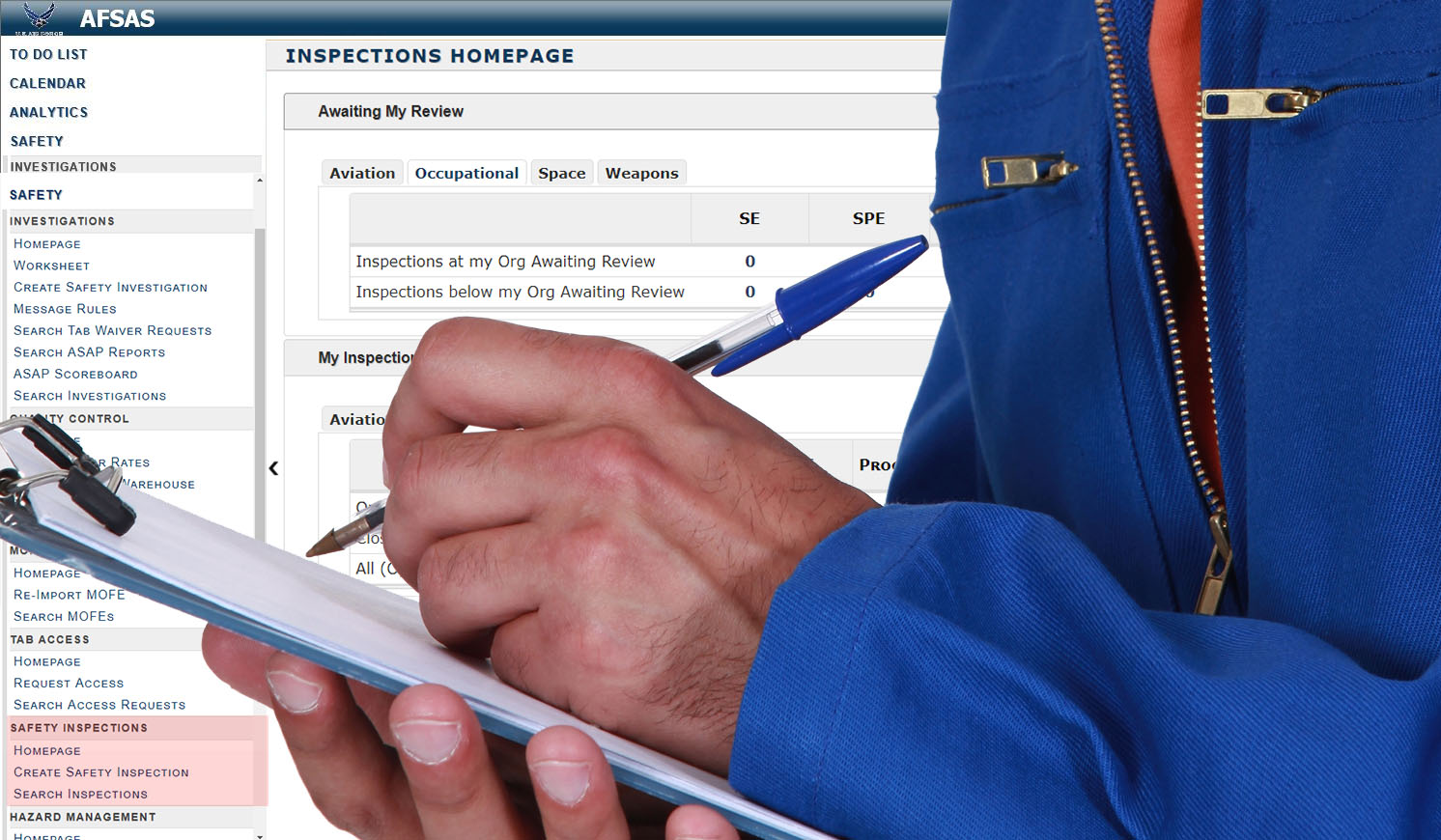Daily Foot Inspections: Introduction
Living with diabetes comes with a unique set of challenges, and one of the most critical areas of concern is foot health. Nerve damage, reduced blood flow, and a weakened immune system can make individuals with diabetes more susceptible to foot problems, ranging from minor cuts to severe infections.
This is where the simple act of daily foot inspections becomes a powerful tool in preventing complications and maintaining overall well-being.
The Importance of Daily Foot Inspections
Daily foot inspections are essential for individuals with diabetes because they allow for early detection of potential issues. When nerve damage, also known as neuropathy, occurs, it can diminish sensation in the feet, making it difficult to notice cuts, blisters, or other injuries. Regular inspections can help identify these problems before they worsen.
How to Conduct a Thorough Foot Inspection
To ensure a comprehensive inspection, follow these steps:
- Gather Your Tools:
- A well-lit room
- A magnifying glass or mirror
- A soft, clean towel
- Mild soap
- Wash Your Feet:
- Gently wash your feet with warm water and mild soap.
- Dry them thoroughly, paying special attention to the areas between your toes.
- Inspect Your Feet:
- Look: Check for any cuts, blisters, redness, swelling, or unusual discolorations.
- Feel: Gently palpate your feet to identify any areas of tenderness, warmth, or unusual texture.
- Smell: Notice any unpleasant odors, which could indicate an infection.
- Check Your Toenails:
- Trim your toenails straight across, avoiding rounding the edges, which can lead to ingrown toenails.
- Use a nail clipper or file to gently shape your nails.
Tips for Effective Foot Care
- Moisturize Daily: Apply a moisturizer to the top and bottom of your feet, but avoid applying it between your toes.
- Wear Well-Fitting Shoes: Choose shoes that provide adequate support, cushioning, and room for your toes.
- Avoid Extreme Temperatures: Protect your feet from extreme heat and cold.
- Don’t Smoke: Smoking can impair circulation and slow healing.
- Manage Your Blood Sugar: Consistent blood sugar control is crucial for foot health.
Research Supporting the Importance of Foot Inspections
Several studies have highlighted the significance of regular foot inspections for individuals with diabetes:
- Study 1: Early Detection and Prevention of Diabetic Foot Ulcers A study published in the Journal of Diabetes and Its Complications emphasized the role of early detection in preventing diabetic foot ulcers. Researchers found that regular foot inspections, along with proper foot care practices, can significantly reduce the risk of developing these debilitating ulcers.
- Study 2: The Impact of Patient Education on Foot Care Behaviors Another study demonstrated that patient education programs can improve foot care behaviors, including regular inspections. By providing clear guidelines and emphasizing the importance of self-care, healthcare providers can empower individuals with diabetes to take control of their foot health.
Conclusion
By incorporating daily foot inspections into your routine, you can take a proactive approach to managing your diabetes and preventing foot complications.
Remember, early detection is key. If you notice any changes in your feet, consult your healthcare provider promptly. With consistent care and attention, you can enjoy a healthy and active lifestyle, even with diabetes.
